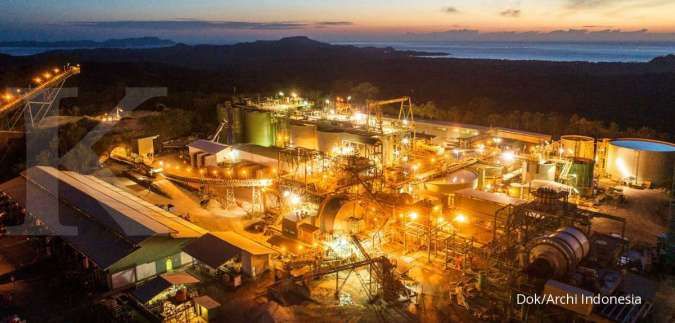Sooner or later it will be the end of the story for the Hubble, which is actually already past its expiration date. Without maintenance, more and more instruments will fail and the particles from the upper layers of the atmosphere will cause the telescope to fall very slowly back to Earth. Depending on solar activity, which can accelerate that process, Hubble is expected to return to the atmosphere sometime between 2028 and 2040.
New telescopes
In the meantime, the successors of the Hubble are already ready. The James Webb Telescope will be launched later this year or early next year, but it won’t quite compare to the Hubble. The James Webb focuses on a different wavelength and can therefore look even further into the universe.
The Chinese Xuntian telescope, planned for 2024, does look at the same spectrum as Hubble, but it remains to be seen what it will yield, says Icke.
“In any case, it is best to work with a telescope that has been properly tested and calibrated. In observations, three quarters of the work consists of finding errors. At Hubble, after thirty years, we know exactly where they are.”
–


